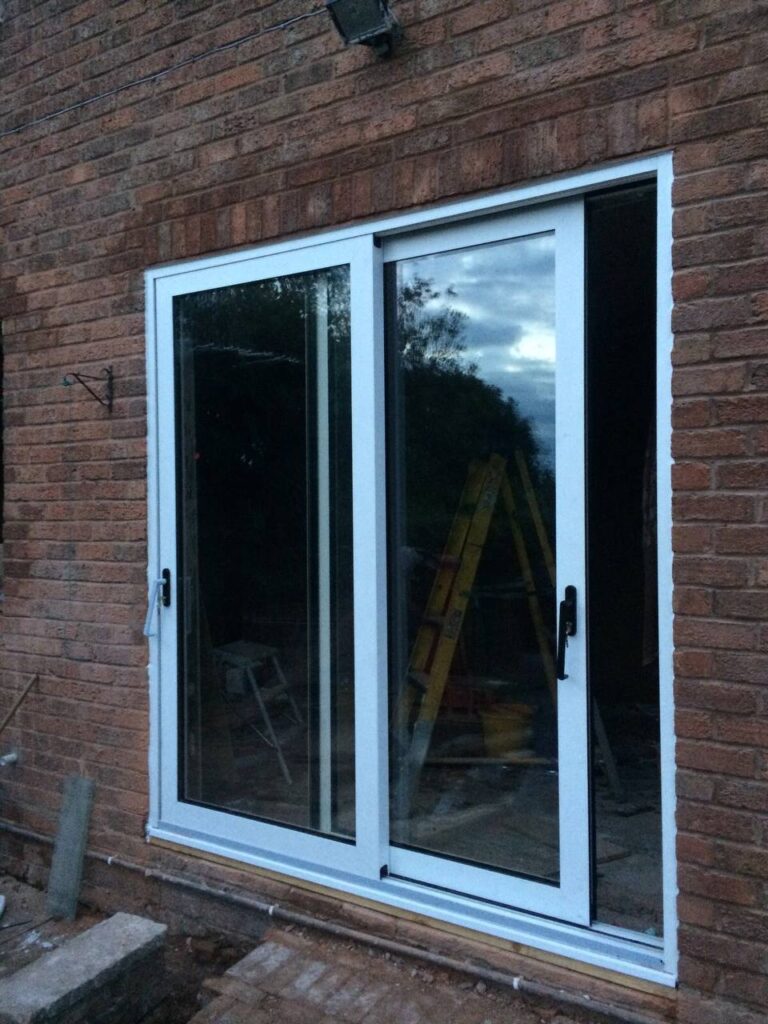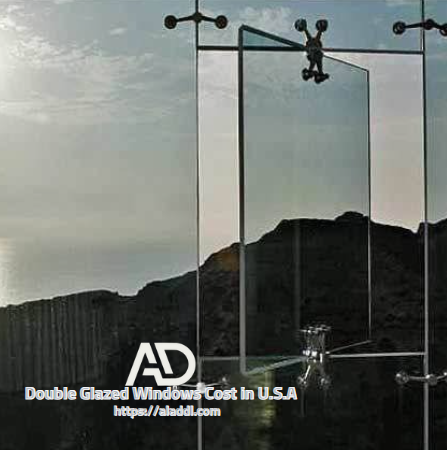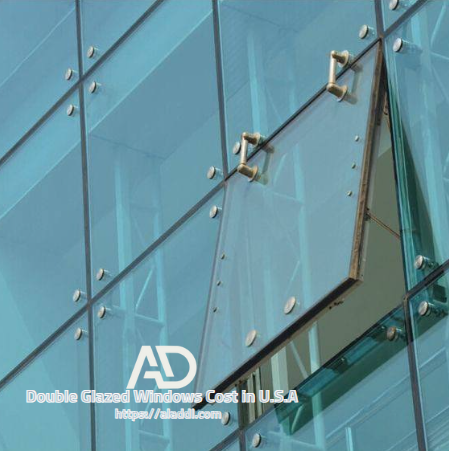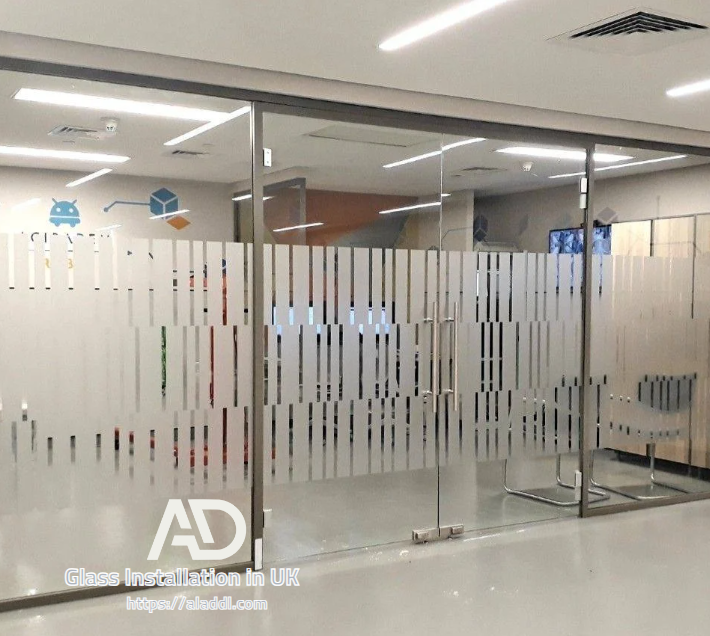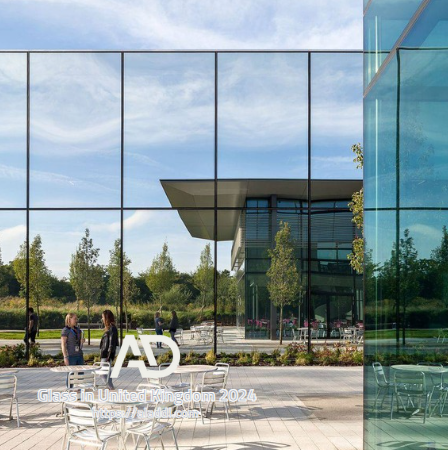How to Choose the Right Double Glazed Windows for UK Home
Introduction
Double glazed windows are a key investment for homeowners in the UK, offering significant benefits such as improved energy efficiency, noise reduction, and increased property value. However, choosing the right double glazed windows can be challenging due to the variety of options available. This guide will help you make an informed decision, with a focus on the factors that matter most in the UK market, supported by relevant statistics and data.
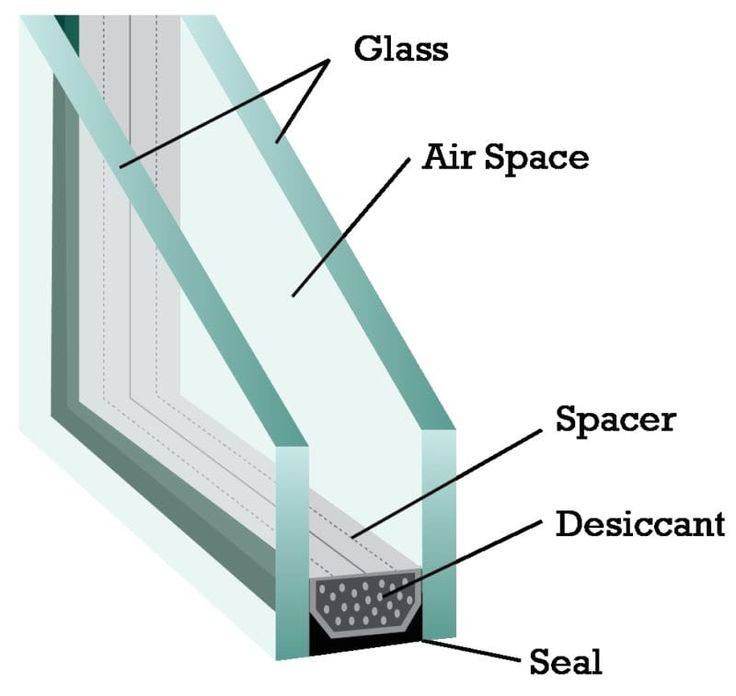
content of artical
Why Double Glazing Matters
Double glazing involves two panes of glass separated by a layer of air or gas, usually argon, which acts as an insulator. This design significantly reduces heat loss and can lower energy bills by up to 30%. In the United Kingdom, where winters can be harsh, double glazing is not just a luxury—it’s a necessity for maintaining a comfortable and energy-efficient home.
Energy Efficiency
Energy efficiency is one of the main reasons homeowners opt for double glazed windows. According to the Energy Saving Trust, installing A-rated double glazed windows in an average semi-detached home in the UK can save between £95 and £115 per year on energy bills. Look for windows with a high energy efficiency rating (A+ or above) and low U-values, which measure how well the window prevents heat from escaping.
Types of Double Glazed Windows
When choosing double glazed windows, consider the different types available:
1. uPVC Windows
uPVC (unplasticized polyvinyl chloride) is the most common material for double glazed windows in the UK. It is durable, low-maintenance, and highly energy-efficient. uPVC windows are typically the most affordable option, with prices ranging from £250 to £400 per window, including installation.
2. Aluminium Windows
Aluminium windows are known for their strength and slim frames, which allow for larger panes of glass. While they are more expensive than uPVC, typically costing between £500 and £1,000 per window, they offer excellent durability and a sleek, modern look. Modern aluminium windows also feature thermal breaks to improve energy efficiency.
3. Timber Windows
Timber windows offer a traditional and aesthetically pleasing option, particularly for period properties. However, they require more maintenance and are generally more expensive, with prices ranging from £800 to £1,500 per window. Timber windows can be highly energy-efficient if properly maintained.
Glass Options
1. Low-E Glass
Low-emissivity (Low-E) glass has a special coating that reflects heat back into the room while allowing natural light to pass through. This can improve the energy efficiency of your windows in United Kingdom by up to 40%. Low-E glass is especially beneficial in colder climates like the UK.
2. Acoustic Glass
If you live in a noisy area, such as near a busy road or airport, acoustic glass can significantly reduce noise pollution. It typically costs around 10-20% more than standard double glazing but can make a noticeable difference in sound insulation.
3. Tinted Glass
Tinted glass reduces glare and can also improve privacy without compromising on natural light. This option is ideal for south-facing windows or homes in sunnier parts of the UK.
Cost Considerations
The cost of double glazed windows varies depending on the material, size, and type of glass you choose. On average, you can expect to pay:
- uPVC Windows: £250 – £400 per window
- Aluminium Windows: £500 – £1,000 per window
- Timber Windows: £800 – £1,500 per window
Installation costs can add an additional £150 to £300 per window. While the initial investment can be significant, the energy savings and increased property value make double glazed windows a worthwhile investment.
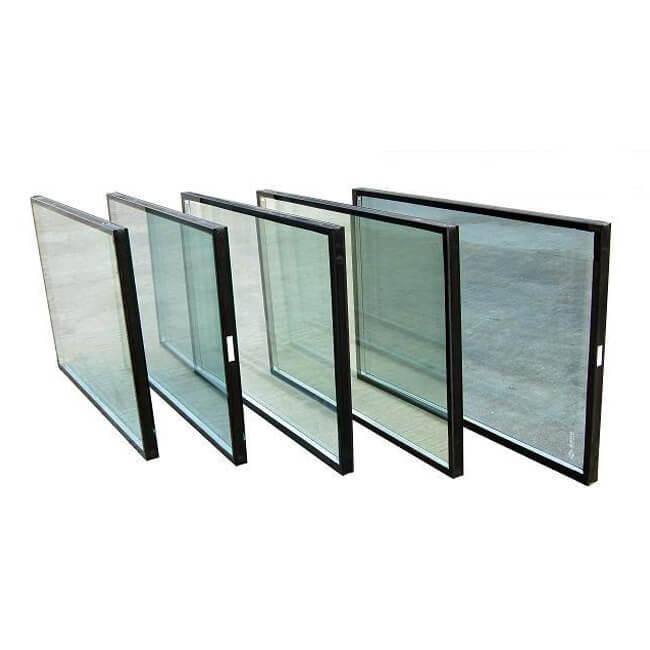
Choosing the Right Installer
Selecting a reputable installer is crucial to ensuring your windows are fitted correctly and perform as expected. Look for installers who are FENSA or CERTASS certified, which means they meet UK building regulations. Additionally, check customer reviews and ask for references to ensure you’re working with a trusted professional.
Choosing the right double glazed windows for your United Kingdom home involves considering factors such as energy efficiency, material, glass type, and cost. By understanding your options and weighing the pros and cons of each, you can make an informed decision that will enhance the comfort, energy efficiency, and value of your home.
FAQs
How much can I save on energy bills with double glazed windows?
Installing A-rated double glazed windows can save an average UK household between £95 and £115 per year on energy bills.
What is the best material for double glazed windows in the UK?
uPVC is the most popular material due to its affordability and energy efficiency, but aluminium and timber are also excellent choices depending on your budget and aesthetic preferences.
How to Find the Best Glass Installation Services in the UK: A Comprehensive Guide
How long do double glazed windows last?
With proper maintenance, double glazed windows can last 20 to 35 years, depending on the material and installation quality.
This article provides a comprehensive guide to choosing the right double glazed windows for UK homes, focusing on energy efficiency, costs, and material options, aiming to improve its ranking in search engine results in the UK.
